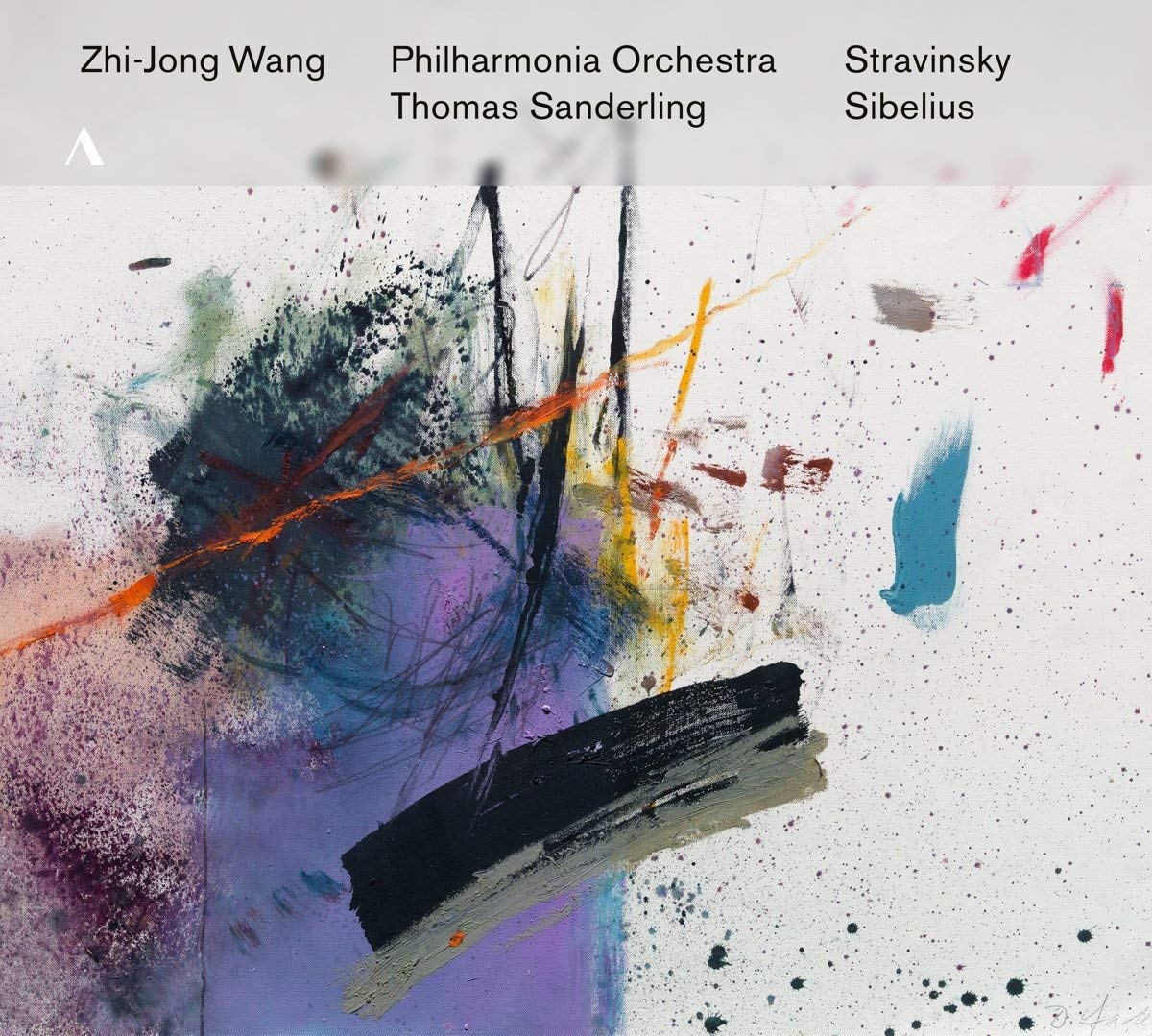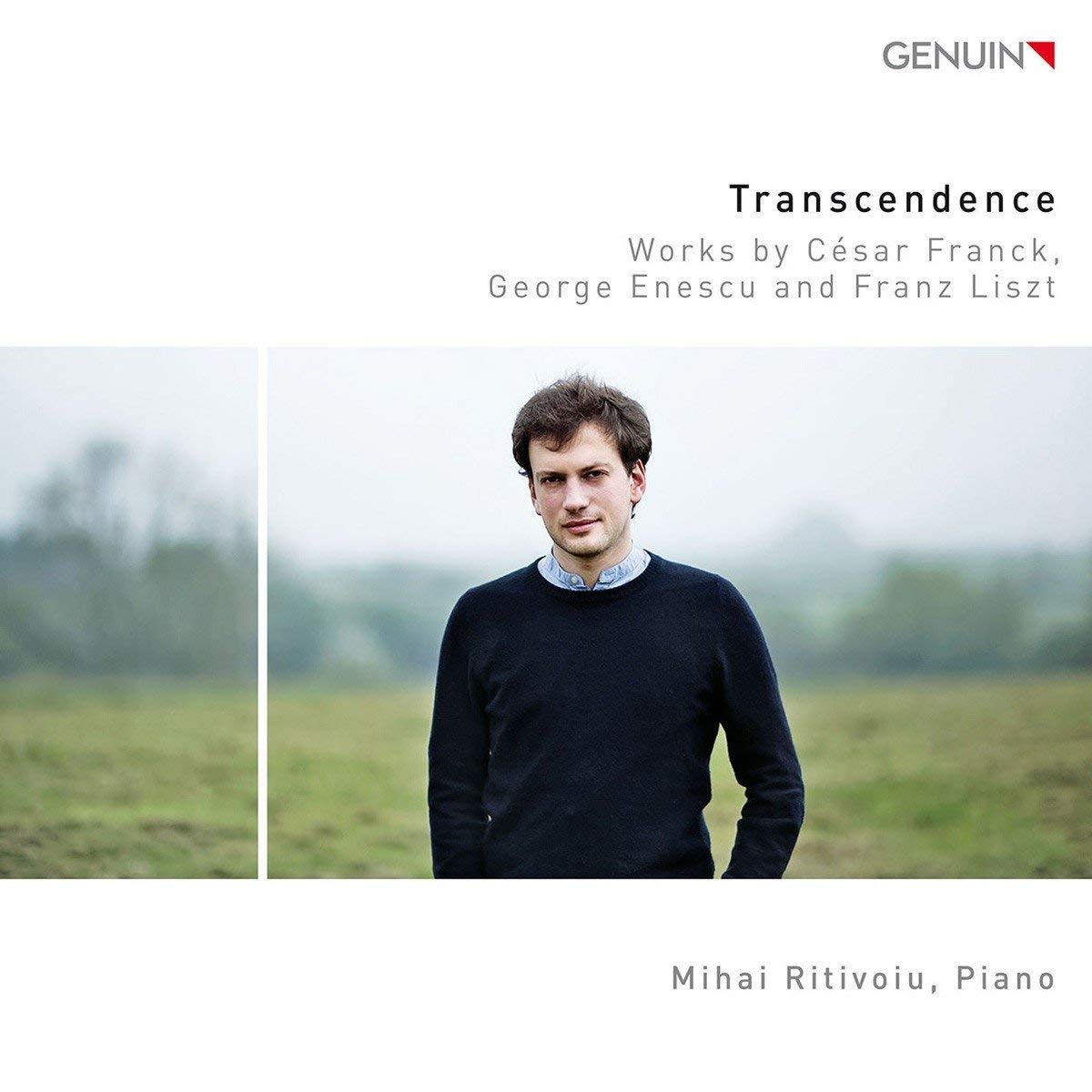 Bernstein: Symphonies 1-3, Prelude, Fugue and Riffs Orchestra dell’Accademia Nazionale di Santa Cecilia/Antonio Pappano (Warner Classics)
Bernstein: Symphonies 1-3, Prelude, Fugue and Riffs Orchestra dell’Accademia Nazionale di Santa Cecilia/Antonio Pappano (Warner Classics)
Antonio Pappano refers to “the curse of West Side Story” in the sleeve notes to this new set of Leonard Bernstein's three symphonies, Bernstein's more ostensibly serious scores languishing in the musical’s shadow. West Side Story is indeed great, but these symphonies do contain some impressive music. The first, subtitled “Jeremiah” is a wartime work par excellence (it was premiered in 1944), the doomy Old Testament narrative prompting a coruscating eruption of musical rage in its second movement, one of the most thrilling things Bernstein composed. Pappano’s brass are spectacular; trombones and tuba plumbing the depths while trumpets scream over the top. The finale showcases mezzo Marie-Nicole Lemieux, singing verses from the Book of Lamentations in Hebrew, and the exquisite final chord offers just a hint of consolation. Symphony No. 2, named after WH Auden’s The Age of Anxiety, is a piano concerto in disguise, its soloist “an autobiographical protagonist, set against an orchestral mirror,” in Bernstein's eyes. It's an absorbing portrait of urban loneliness, the solo part played with percussive brilliance here by Beatrice Rana. She's stunning in the brief Masque, one tune of which was recycled from the musical On the Town. Listen out for the coup de théâtre at the movement’s close, where Rana stops and an off-stage pianist takes over. If I was forced to pick an enduring Bernstein concert work, it would probably be this one. Pappano’s is among the best recordings it's received.
I've never been convinced by Bernstein's Symphony No. 3, “Kaddish”, first performed in 1963, an overwrought portrait of a personal crisis of faith, noisily played out with augmented percussion, chorus and boys’ choir, plus soprano and speaker. The music’s shoutiness feels at odd with the personal sentiments, though Pappano juggles the disparate elements with aplomb. Soprano Nadine Sierra excels, and the speaker here is Josephine Barstow, ideally articulate and nicely integrated into the sound picture. It's a relief after the symphony to encounter a brilliantly punchy reading of Prelude, Fugue and Riffs. Clarinettist Alessandro Carbonare is on sparkling form, aided by a cracking backing band. This is a hugely impressive achievement, brilliantly recorded and handsomely packaged, and played by an orchestra which Bernstein conducted regularly in his final decade.
 Sibelius: Violin Concerto; Stravinsky: Violin Concerto Zhi-Jong Wang, Philharmonia Orchestra/Thomas Sanderling (Accentus)
Sibelius: Violin Concerto; Stravinsky: Violin Concerto Zhi-Jong Wang, Philharmonia Orchestra/Thomas Sanderling (Accentus)
These two works aren't often paired, but it's fun hearing them together. Sibelius's concerto, like Elgar's, comes at the tail end of the romantic tradition. It's fiendishly difficult, though Sibelius was a violinist and knew how to write well for his instrument. Thirty years later, Stravinsky's unfamiliarity with the violin led him to seek advice from fellow composer and violist Paul Hindemith, who suggested that his colleague’s inexperience was a good thing. Though the solo part is less taxing than Sibelius's, this concerto isn't performed as often as it deserves – presumably because it's too short and technically challenging for an under-rehearsed orchestra. Zhi-Jong Wang’s reading is a joy. She gets it all right, flipping from acerbic baroque counterpoint to fruity smooching in the blink of an eye, and understanding how much fun there's to be had here. This is a deeply lovable work, paced to perfection by Thomas Sanderling’s gallant Philharmonia (whose principal bassoon deserves a name check in the notes). The closing minutes should be enough to convince anyone. You'll want to applaud.
The Sibelius concerto is also pretty fine, though Wang is up against stiffer competition. Her first entry is clear and confident, Sanderling's strings providing a suitably ethereal backdrop. I'm a diehard fan of this composer, but wonder if it's just me that finds Sibelius's baggy first movement a tad overlong and rambling? Too many stops and starts for my liking, though the later movements are zingers. Wang’s finale is a foot-stomping, rhythmically taut treat. And this is one of the few performances where you can actually hear the horns’ handstopped notes buzzing away. As a bonus there's Lu Pei’s Drama - Beijing Opera, a technically spectacular if occasionally baffling solo work featuring some nifty glissandi.
 Transcendence: Piano music by Franck, Enescu and Liszt Mihai Ritivoiu (Genuin)
Transcendence: Piano music by Franck, Enescu and Liszt Mihai Ritivoiu (Genuin)
Romanian pianist Mihai Ritivoiu’s debut disc is a commendably serious and uncompromising affair, which isn't to say it isn't deeply enjoyable. There's an unobtrusive deftness and clarity to his playing. Dull readings of Liszt’s epic B minor sonata send me to sleep, but Ritivoiu is electrifying, the colours drawn from his Steinway D turning what can seem like a dry academic exercise into an involving, exciting romp. The schmaltzy major key theme three or so minutes in really soars. Even Ritivoiu can't prevent the purpler passages from sounding an improvised silent film soundtrack, but it's a fun ride, with a moving coda. Similar magic is worked upon Franck’s Prélude, Choral et Fugue, the mighty fugue an appealing blend of Bachian rigour and French romanticism.
Though you really need this CD for George Enescu’s Piano Sonata No. 1. The first movement’s constant shifts in mood and tempo discombobulate and enchant, the ensuing scherzo suggesting Debussy, Gershwin and Bartók by turns. And what an extraordinary finale, the plaintive opening melody overlaid with what sounds like distant church bells. Beautifully recorded, handsomely played – a solo recital to cherish and press into the hands of family and friends.















Add comment